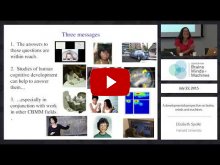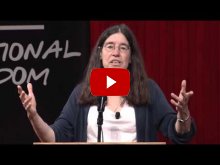
Elizabeth
Spelke
Investigator
Department:
Psychology
Lab Affiliation(s):
Laboratory for Developmental Studies
Associated Research Module:
Associated Research Thrust:
Prof. Spelke is the director of Laboratory for Developmental Studies, Harvard University.
Email:
spelke@wjh.harvard.edu
Room:
1130 William James Hall
Phone:
(617) 495-3876
Lab Website:
Laboratory for Developmental Studies



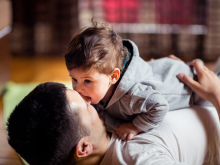

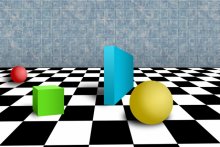
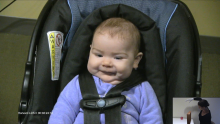
![Becoming Human: Unnatural Genius [Channel News Asia] Becoming Human: Unnatural Genius [Channel News Asia]](https://cbmm.mit.edu/sites/default/files/styles/medium/public/news-events/becoming%20human.jpg?itok=t1z5VqHR)

